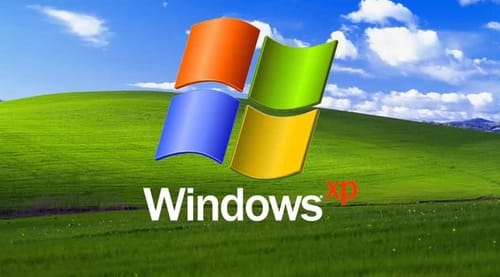 |
| The success of Windows XP for more than two decades |
It's been twenty years since Windows XP was introduced. It is one of Microsoft's most successful releases and one of the most popular operating systems ever. There is no doubt that he made a huge leap forward in his debut.
Even today, the system is actively working on a large number of personal computers used at work or at home. Although Microsoft stopped supporting the system in April 2009.
But from 2009 to 2019, the company also supported it in various ways, and although it has not received any updates yet, it is still in use.
The system was launched on October 25, 2001. At the moment, Microsoft shines brightly and heralds its golden age in the desktop market. These computers were then equipped with a range of Microsoft digital products and apps and were ready to use right out of the box.
During the development and loading of the system, the company released the Visual Studio .NET software package. The software provides the tools for system programming and development, and in some ways facilitates the dissemination of programming among users.
The continued success of Windows XP
The main reasons for the continued success of Windows XP may be the stability and consistency of the operating system compared to previous versions and the efforts of competitors.
Almost anyone and any age can use the system with its integrated graphical user interface. It is also suitable for work, leisure and study. Perhaps that explains why users rely on it until so late.
Microsoft released other very important versions, which are Windows Vista in 2007 and Windows 7 in 2009. Some users started migrating from Windows XP to Windows 7, which is not much different from the original version.
Most users who migrated Windows XP to Windows 7 after many years probably didn't want to move to Windows 8 or 10 later as there were some reviews of Microsoft trying to "fix what was already working".
Here, some people have seen that versions like Windows 7, Windows 10, and even Windows 11 are just superficial modifications of Windows XP and Windows 7, and new core features are rarely added. In fact, the main reasons for Windows XP's success and prosperity are simplicity, ease of use, and ease of use.